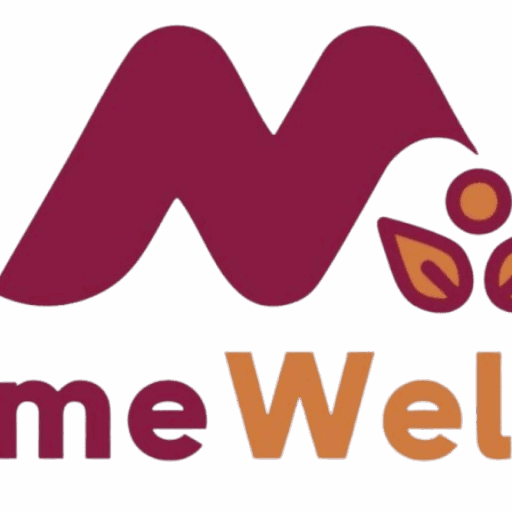This article briefly discusses burnout and emotional exhaustion, which may trigger strong feelings. If you feel overwhelmed, you are not alone. Support is available 24/7. Take breaks as needed, and consider contacting a mental health professional or visiting the [meWell app/website – insert link] to connect with expert-led wellness care.
Do any of these sound familiar?
- You wake up tired and feeling sluggish, despite having had enough sleep.
- You get easily irritated or emotionally numb.
- You struggle to focus or finish tasks.
- You feel disconnected from work, people, or even yourself.
- Your motivation is MIA, and everything feels like a chore.
- You stopped enjoying the things that once lit you up.
If you nodded to more than one, you might be dealing with more than just fatigue.
Burnout often arrives quietly, masked as everyday tiredness or stress. But left unchecked, it can lead to emotional exhaustion, physical fatigue, and a lack of fulfilment.
Burnout isn’t just a workplace issue; on the contrary, it’s a quiet epidemic across everyday life. We see it in our homes with parents balancing endless to-do lists while silently struggling, and caregivers who give more than they receive.
We see it online with mental health warriors who appear fine on the outside but feel emotionally drained.
We see it in our schools, with students pressured to succeed in an uncertain world.
We see it in our communities with individuals managing chronic illness or life-altering transitions, all carrying invisible weight.
Burnout, in these cases, will not look like crashing. Instead, it will look like a person’s light dimming, slowly fading under the weight of everything they are holding. And sadly, this isn’t a rare experience. It’s happening to many, quietly, collectively, and too often in isolation.
We can all agree that the expectation to “keep going” is constant, even when our minds and bodies are waving red flags. The good news? With the right support and small, intentional steps, recovery is possible. Recognising the signs is the first step toward reclaiming your well-being.
Here are three simple strategies to help you reset and restore, helping you recover from burnout:
1. Reconnect with Restorative Routines
Burnout thrives when your body and mind are constantly in overdrive. Introduce small, grounding habits like a daily walk, journaling, or a consistent sleep schedule. These routines gently train your body to return to calm. Regular rest doesn’t just restore energy, it helps rebuild a sense of control and balance.
2. Set Healthier Boundaries
Burnout often stems from giving too much of yourself for too long. Learning to say “no” and setting limits on time, energy, and emotional availability can be revolutionary. Boundaries create space for healing and help preserve your mental clarity and self-respect, especially in high-pressure environments.
3. Seek Support and Realignment
You don’t have to navigate burnout alone. Speak to a trusted health coach, therapist, or wellness expert who can guide you to alignment. Whether adjusting your diet, movement, or mindset, expert support can offer practical tools and a reminder that your well-being matters.
Overall, burnout is not a weakness; it’s a signal. Warning you that you’ve been carrying too much for too long. Your burnout is valid; you don’t have to figure it out alone. The right support can make all the difference, and that’s what meWell was built for. At meWell, we believe your healing matters, and we aim to make recovery personal and practical. Whether you’re taking your first step or your fiftieth, meWell is here to walk with you. Connect with trusted wellness experts, explore tools that work for you, and start rewriting your wellness story, one day at a time. Visit (insert link of the website) or download the meWell App from the Play Store or Apple Store today.


